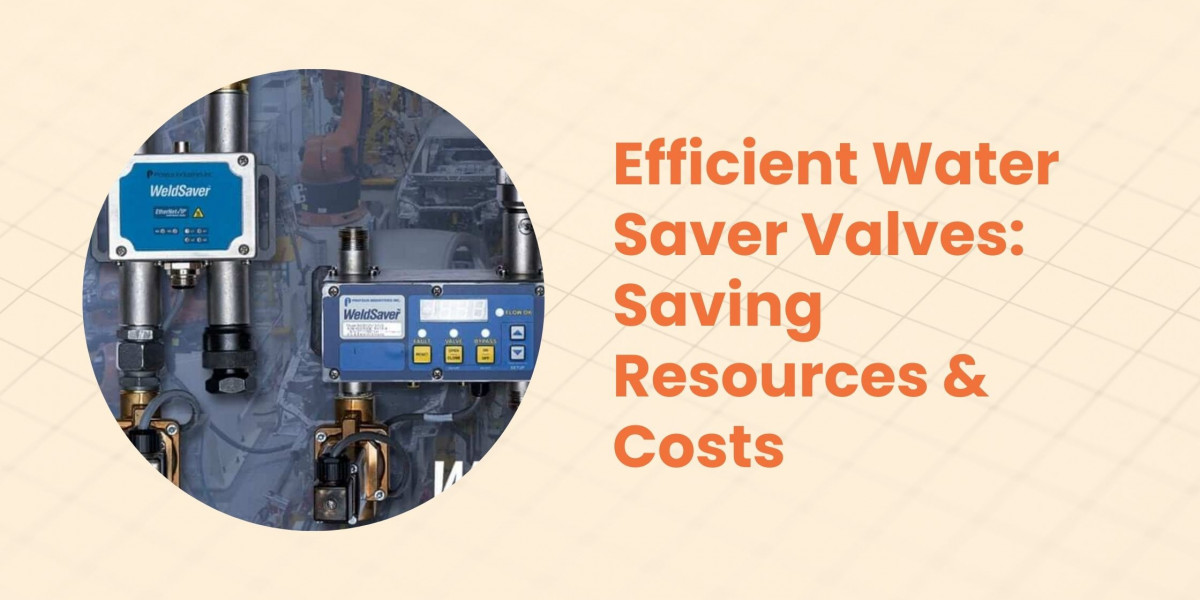Water conservation is a pressing concern today, and businesses are increasingly seeking ways to reduce water usage while maintaining operational efficiency. At Proteus Industries Inc., we understand the importance of efficient water management, which is why we offer a range of innovativewater saver valvesdesigned to save resources and costs. In this article, we'll explore the benefits of these valves, the associated expenses, and how we can contribute to sustainable water management practices.
Understanding Water Saver Valves
Water saver valves are devices designed to regulate and control water flow in plumbing systems, allowing for precise control over water usage. These valves are essential in various applications, including industrial processes, commercial buildings, and residential settings, where water conservation is a priority.
Benefits of Water Saver Valves
Reduced Water Usage
By controlling water flow more efficiently, water saver valves help reduce overall water consumption, significantly saving water costs.
Improved Efficiency
These valves ensure water is distributed where and when needed, optimizing system efficiency and reducing waste.
Environmental Sustainability
By conserving water, water saver valves contribute to environmental sustainability by minimizing the strain on water resources and reducing the carbon footprint associated with water usage.
Estimating the Expense of Water Saver Valves
The cost of weld control can vary depending on factors such as the type of valve, the size of the system, and the application's specific requirements. On average, businesses can expect to invest anywhere from a few hundred to several thousand dollars in water saver valves, depending on the project's scope and the desired features and capabilities.
Factors Affecting the Cost of Water Saver Valves
Valve Type
Different water saver valves are available, including ball valves, gate valves, and butterfly valves, each with its features and pricing.
System Size
The size of the plumbing system and the number of valves required will impact the project's overall cost.
Installation Complexity
Installing weld control in existing plumbing systems can affect the overall cost, particularly if modifications or upgrades are needed.
Read more:Coolant Flow Optimization: Key Strategies for Success
Conclusion
Weld control is invaluable for businesses and individuals seeking to reduce water usage, save costs, and contribute to environmental sustainability. At Proteus Industries Inc., we offer a range of innovative water saver valves designed to meet the diverse needs of our customers. By understanding the benefits, costs, and frequently asked questions about water saver valves, businesses and individuals can make informed decisions to invest in efficient water management solutions and contribute to a more sustainable future.
FAQs about Water Saver Valves
- What are the different types of water saver valves available?
Weld control comes in various types, including pressure-reducing valves, flow control valves, and automatic shut-off valves, each serving specific purposes in water conservation.
- How do water saver valves help save costs?
By reducing water usage and minimizing waste, water saver valves help lower water bills and operational costs for businesses and individuals.
- Can water saver valves be retrofitted into existing plumbing systems?
Yes, many water saver valves are designed to be compatible with existing plumbing systems, allowing for easy retrofitting and installation.
- Do water saver valves require regular maintenance?
While water saver valves are designed for durability and reliability, regular maintenance and inspection are recommended to ensure optimal performance and longevity.
- Are there any rebates or incentives available for installing water saver valves?
Some utility companies and government agencies offer subsidies for businesses and homeowners to install water-saving devices like water-saver valves to promote water conservation.
- Can water saver valves be customized to meet specific requirements?
Many manufacturers offer customizable water saver valves with options for different materials, sizes, and features to meet specific application needs.
- Are water saver valves suitable for residential use?
Watersaver valves are commonly used in residential plumbing systems to reduce water usage and lower utility bills.
- Do water saver valves affect water pressure?
Depending on the type and configuration of the valve, some water saver valves may reduce water pressure slightly to achieve water savings, but this can be adjusted to balance conservation with adequate pressure.
- Can water saver valves help prevent water damage in plumbing systems?
By controlling water flow and minimizing the risk of leaks and bursts, water saver valves can help prevent water damage in plumbing systems, saving homeowners and businesses from costly repairs.
- How long do water saver valves last?
With proper maintenance and care, water saver valves can last for many years, providing long-term savings and benefits.








